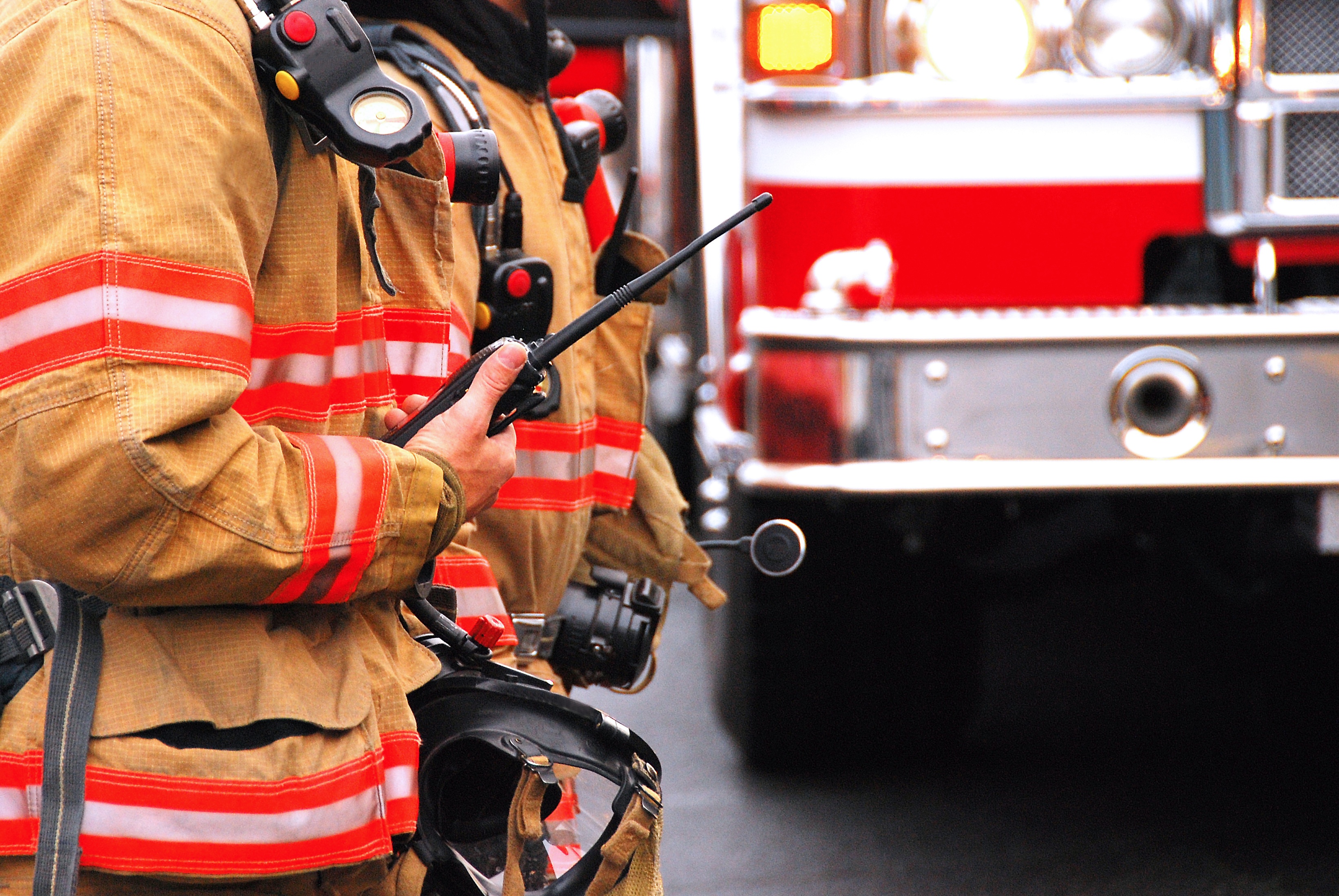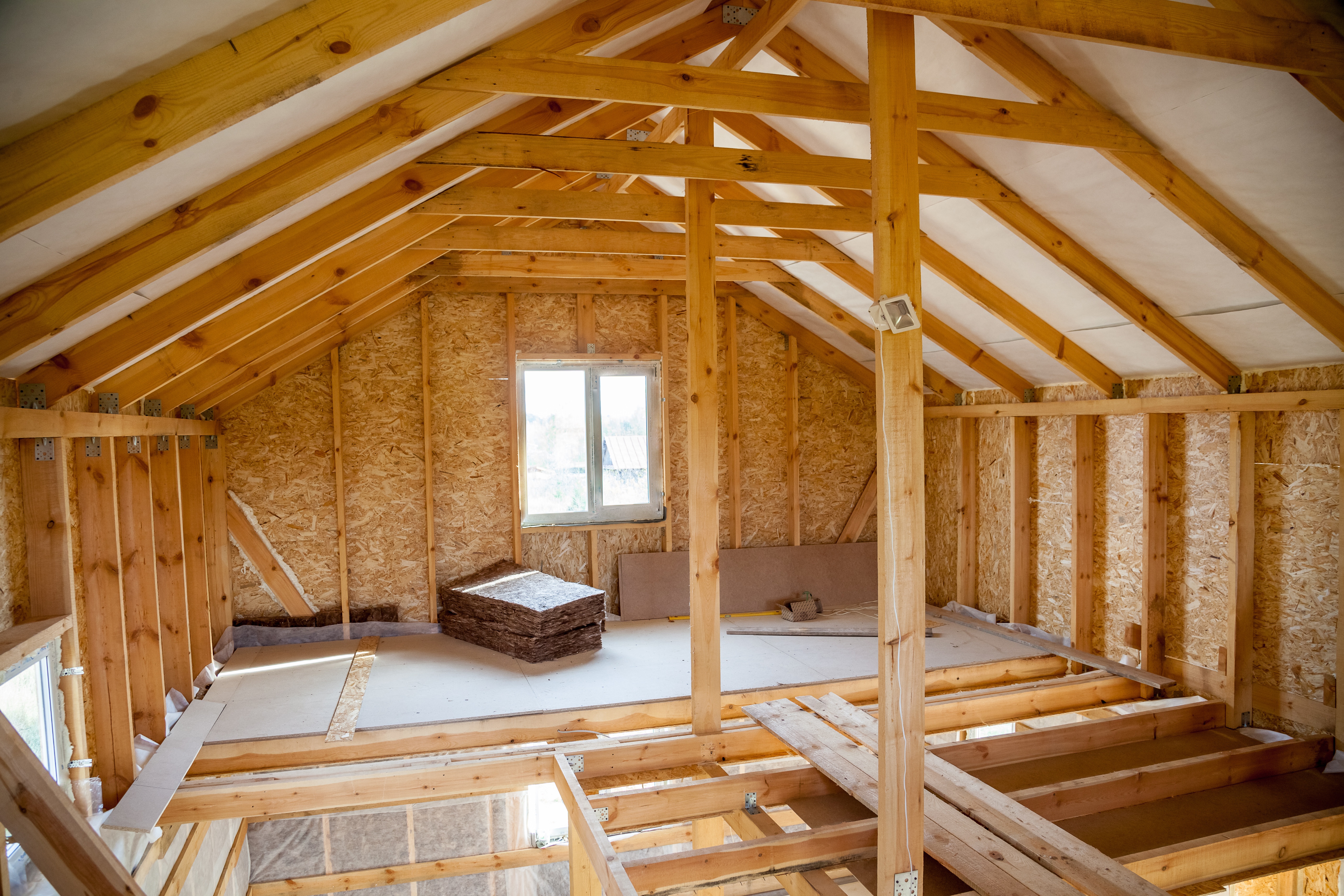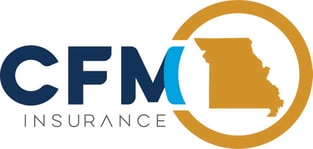 You've likely heard time and time again that your home is the biggest investment you'll ever make, and we'd have to agree. After all, we are in the business of insuring them. As a homeowner, you've surely come to realize that this investment comes with many extra costs, and they can fluctuate both in price and frequency, more than you'd probably like. Perhaps the most unpredictable of those extra costs is your home insurance premium, which can often increase from year to year.
You've likely heard time and time again that your home is the biggest investment you'll ever make, and we'd have to agree. After all, we are in the business of insuring them. As a homeowner, you've surely come to realize that this investment comes with many extra costs, and they can fluctuate both in price and frequency, more than you'd probably like. Perhaps the most unpredictable of those extra costs is your home insurance premium, which can often increase from year to year.
So, the question then, is "Why?"
Why does the premium go up? Why isn't it the same price you bought it for when you purchased your home? While nobody enjoys having to pay more for something they are required to have, understanding the "why" behind a premium increase may help clear up some frustration. As an insurance company, we know the "why" and we're ready to lay it all out there for you because we understand that in this business, transparency is crucial.
But first, understand that at CFM, we see your home as not only your investment, but ours too. So, when it comes to insuring it, we strive to make sure the premium you pay with your hard-earned dollars adequately protects the value of your investment - a value that increases with time, proper maintenance, and rising construction costs. Here's a breakdown of some of the most important factors that make up your insurance premium and, more importantly, why it can go up in price:
1. Location
You've heard the saying, "Location, Location, Location" when it comes to the home-buying process, but it's also applicable in the insurance world. Here's how: While your location may not have changed since you purchased your home and insurance, certain things about it probably have.
For example, if your area has recently become prone to damaging, severe thunderstorms every spring like clockwork, it could cause your premium to rise. If an insurance company sees a high volume of claim activity in a certain territory, the premium on your policy may increase as a result.
Other important factors to consider when it comes to your location are replacement value and your proximity to a fire station.
Replacement Value - Let's say you buy your home below-market value because the real estate market in your area was depressed at the time of purchase. This means that construction and labor costs in the area likely corresponded to the value of homes in your location. Five years pass and the real estate market where you live is now booming. Building costs have risen and home values increase.
These things matter because insurance companies base required coverage amounts on replacement cost rather than market value. They have to consider what it would cost to replace your home should it be completely destroyed by a covered peril on your policy. Therefore, if building costs in your location rise, it will take more money to rebuild your home. It's always best to contact your agent for advice on whether or not you need more coverage to meet the current replacement value. But keep in mind that as coverage increases, so does premium - the two go hand in hand.
Fire Station Proximity - Living close to a fire department can affect your home insurance premium. This is because fire losses generate the most expensive home insurance claims, according to the Insurance Information Institute (III). So the closer you live to a fire department who can quickly respond to your fire and put it out, the better.

It's even more beneficial when that local fire department is highly rated by the Insurance Services Office (ISO). When insurance companies underwrite your home insurance policy, they look at your local fire department's ISO rating - a number between 1 and 10, with 1 representing the best protection. Those rankings depend on a number of things like your fire department's equipment, training, and response times. Be sure to check local newspapers/news stations frequently to see if your fire department has recently upgraded in any of those areas. Then, let your agent know so it can be noted on your policy, as it may positively affect your premium.
2. Additions To Your Home
Anytime you add square footage to your property, your insurance company will require more coverage because it will cost more to replace, should a claim occur. So common home upgrades like a new master suite addition, finished basement, or backyard workshop should be reported to your agent as they are all items that increase the replacement value and cause your premium to go up.

3. Endorsements
Insurance companies offer endorsements, some optional and some mandatory, for your policy that can increase your premium. Homeowners should analyze how those extra enhancements could be beneficial to their property and then decide if the additional coverage on their policy merits the additional premium. Take a look at some endorsements CFM offers:
Inflation Guard (mandatory) - Provides an automatic increase to your dwelling coverage (in the form of a small percentage) each year, to keep your home adequately insured according to current construction costs.
Service Line Coverage (optional) - Provides protection against a leak, break, tear, rupture, collapse, or arcing of a covered underground service line running directly to your dwelling. Example: A tree root grew through a sewer pipe located on your property, causing it to leak. The removal of the old, damaged line and installation of the new one would be covered with this endorsement.
Equipment Breakdown (optional) - Provides protection against unexpected repair or replacement costs due to an electrical, mechanical, or pressure systems breakdown. Example: During a trip to the grocery store, a severe storm hit, causing a power outage at your property. A laptop computer and cell phone were plugged into the wall outlet and charging when the outage occurred. When power was restored, a voltage spike damaged the items beyond repair and required their replacement. The cost to replace the damaged electronics with new ones of same value would be covered with this endorsement.
Water Damage | Sewers, Drains, and Sumps (optional) - Provides protection against water backup from sewer lines, drains, or a sump pump. Example: A day of heavy rains caused the main sewer line to back up into your basement. The damages caused by the backup through the floor drain would be covered by this endorsement.
4. Claim Pay-Out
You can't help it if a hailstorm has done considerable damage to your roof and it needs to be replaced. And you certainly shouldn't have to pay that big ticket out-of-pocket - that's why you pay for insurance. But it's important to understand that when a claim is paid out from your insurance company, it may cause your premium to go up. CFM, specifically, will not penalize you for filing a claim by raising your premium, but you may see an increase as a result of losing your Claim-Free Discount.
Expert Tip: Don't use homeowners insurance as a maintenance tool. Don't file a claim to pay for small repairs that are hardly more than your deductible. Use your homeowners insurance for catastrophic repairs only so you get the most bang for your buck and can justify losing that Claim-Free Discount.
5. Differences In Coverage Between Policy Types
A home qualifies for insurance coverage and is written on a particular type of policy based on underwriting requirements such as age, construction type, occupancy, and overall condition. Different policy types have specific underwriting rules and allow an insurance company to differentiate the risks associated with each and rate accordingly.
Generally, a newer, well-kept home will qualify for better coverage and lower rates, whereas an older home may qualify for a different level of coverage and potentially higher rates. It's important to have your agent thoroughly explain your policy type and its specific coverages at the time of purchasing the insurance, so you understand exactly what to expect both now and in the future.
Ways To Save With CFM

Discounts can significantly affect your policy premium and offset some of the above costs you have little control over. Check out some of the unique discounts CFM offers that you may qualify for:
Millennial - Applies to any insured 18-35 years old.
Senior Citizen - Applies to any insured 62 years of age or older.
Multi-Policy - Applies to any insured who currently has automobile insurance within the agency.
Military/Veteran - Applies to insureds who are currently in the military or are veterans.
Education/Public Safety - Applies to any insured who is currently working as or is a retired teacher, policeman, fireman, paramedic, first responder and/or EMT.
Legacy - Applies to insureds who are the 2nd (or more) generation of their family to carry CFM insurance.
Masonry - Applies to insureds living in a dwelling covered in primarily masonry or masonry veneer (brick or stone).
Claim-Free - Applies to insureds who have three years or more of claims free history with CFM. An even greater discount is applied to a policy having no claims for five or more years.
Central Fire and/or Burglary Alarm System - Applies to insureds who have installed a security system in their dwelling which alerts the responding emergency response team automatically at the time of an incident.
Discuss Your Policy With Your Agent & Find Peace Of Mind
 While there's no way to ensure your premium will stay the same from year to year, the peace of mind you'll get from knowing you have enough coverage to replace the things that matter most to you is worth it. It's important to remember that saving a few dollars a year will seem silly if you find out you’ve skimped on coverage that later costs you thousands. Be sure to review your policy annually with your agent so you can understand what coverages your premium pays for and feel confident that you have the right risk/cost balance for your life.
While there's no way to ensure your premium will stay the same from year to year, the peace of mind you'll get from knowing you have enough coverage to replace the things that matter most to you is worth it. It's important to remember that saving a few dollars a year will seem silly if you find out you’ve skimped on coverage that later costs you thousands. Be sure to review your policy annually with your agent so you can understand what coverages your premium pays for and feel confident that you have the right risk/cost balance for your life.
For more information about the types of policies and discounts CFM offers, contact and agent near you.
*The above statements are meant to be general in nature, and may or may not apply to any or all insurance companies.


Your Comments :